Introduction
Choosing between a Doberman Pinscher or a Rottweiler depends on your lifestyle and needs.
- Dobermans and Rottweilers are both strong, intelligent breeds
- Each breed has distinct traits that suit different lifestyles
- Knowing their temperament can help you make an informed choice
- This guide covers the key differences between these two popular breeds
- By the end, you'll know which breed best suits your home and needs
1. Temperament
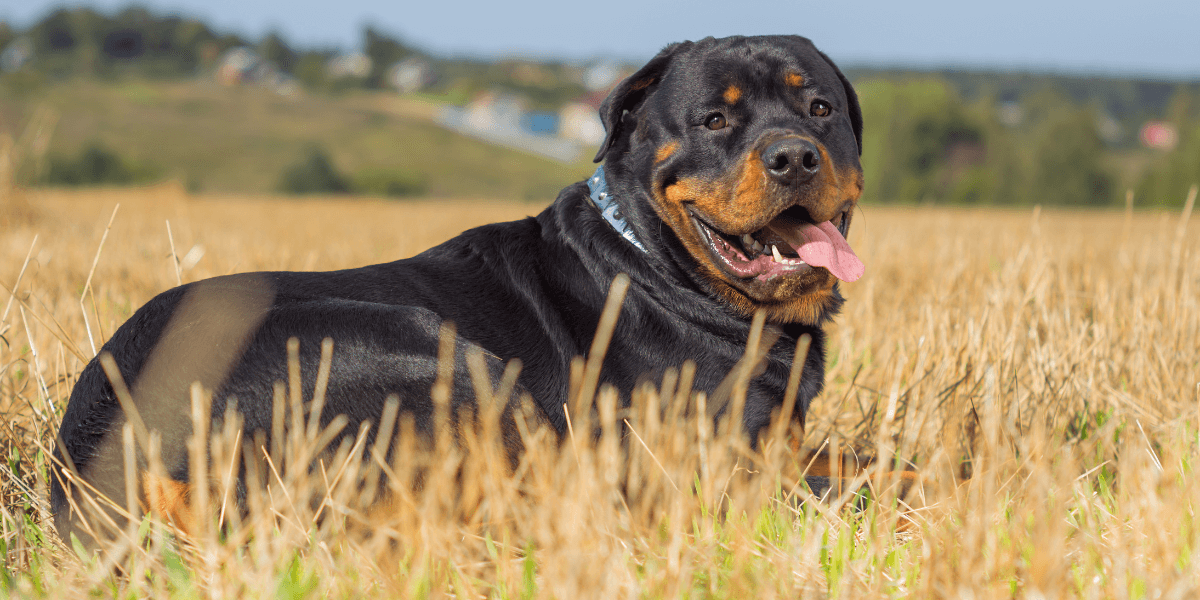
Discover the personality of each breed and how it fits your lifestyle.
- Dobermans: Known for their loyalty and protectiveness
- Rottweiler: Calm and confident, they make excellent guard dogs
- Doberman Energy: High energy levels, ideal for active owners
- Rottweiler Energy: More laid-back, suited for a balanced lifestyle
- Doberman with Family: Typically bonds closely with one person
- Rottweiler with Family: Strong bonds with all family members
- Doberman Playfulness: Thrives on mental and physical stimulation
- Rottweiler Playfulness: Enjoys play but also values downtime
2. Exercise Needs
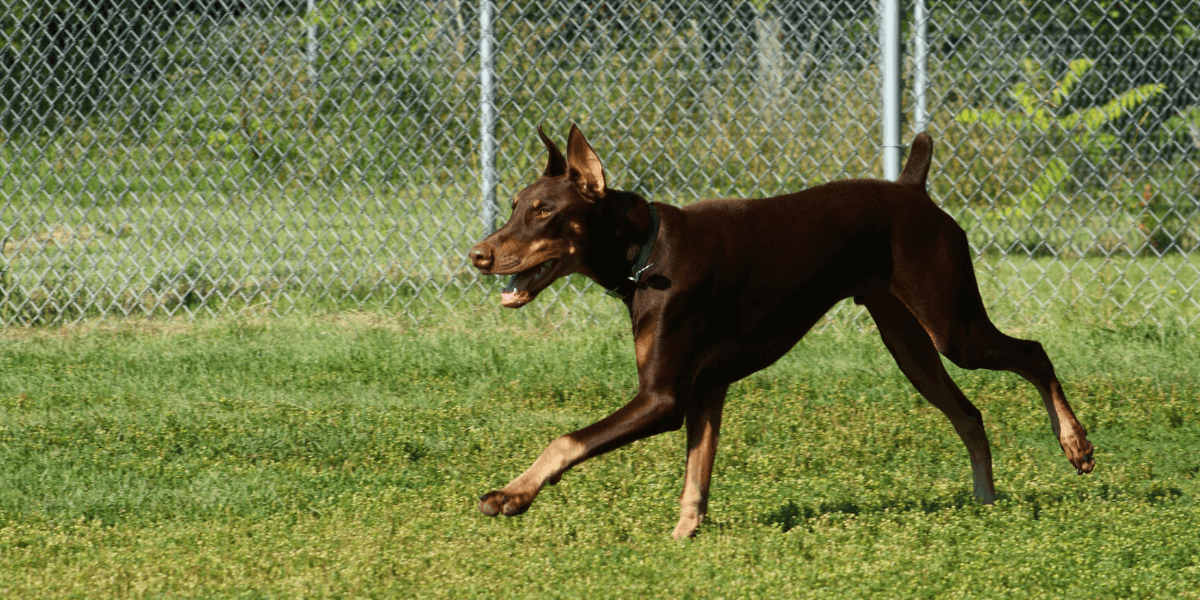
Both Doberman Pinscher or a Rottweiler need regular exercise but vary in intensity.
- Doberman Exercise: Requires daily, vigorous physical activity
- Rottweiler Exercise: Needs moderate daily exercise to stay fit
- Doberman Training: Responds well to firm, consistent training
- Rottweiler Training: Requires calm but authoritative commands
- Doberman Challenges: Prone to boredom without mental stimulation
- Rottweiler Challenges: Can become stubborn if not properly guided
- Doberman Sports: Excels in agility and obedience competitions
- Rottweiler Sports: Thrives in tracking and cart-pulling activities
3. Health

Doberman Pinscher or a Rottweiler both have specific health risks to consider.
- Doberman Health: Prone to heart issues like dilated cardiomyopathy
- Rottweiler Health: Susceptible to hip dysplasia and joint problems
- Doberman Lifespan: Average lifespan ranges from 10 to 12 years
- Rottweiler Lifespan: Lives slightly shorter, around 8 to 10 years
- Doberman Care: Needs regular vet checkups for heart monitoring
- Rottweiler Care: Requires care for joint and hip health over time
- Doberman Grooming: Minimal grooming needed with regular brushing
- Rottweiler Grooming: Requires moderate grooming to reduce shedding
4. Socialization
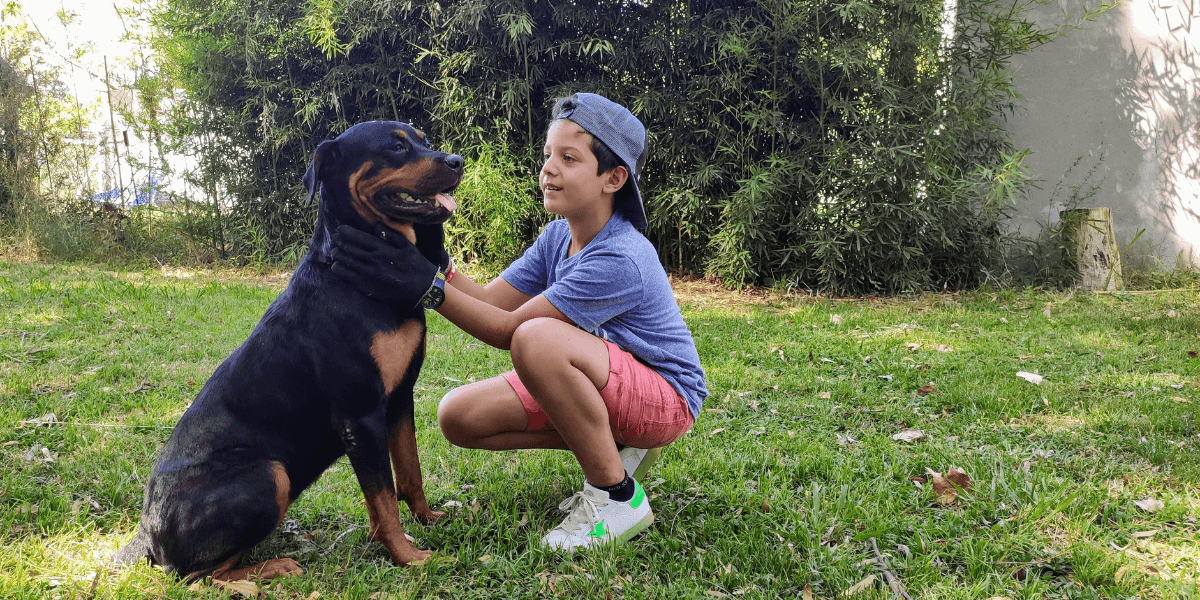
Both breeds require early socialization to become well-rounded dogs.
- Doberman Socialization: Needs early exposure to people and pets
- Rottweiler Socialization: Should meet new dogs and people early
- Doberman with Strangers: Often reserved but can become friendly
- Rottweiler with Strangers: Wary of strangers but warms up slowly
- Doberman in Public: Needs controlled exposure to avoid anxiety
- Rottweiler in Public: Calm but protective, especially in crowds
- Doberman with Other Dogs: Best when introduced gradually
- Rottweiler with Other Dogs: Can be dominant without early training
See The Ultimate Guide to German Shepherd Dog Training for Doberman and Rottweiler socialization tips.
5. Living Conditions
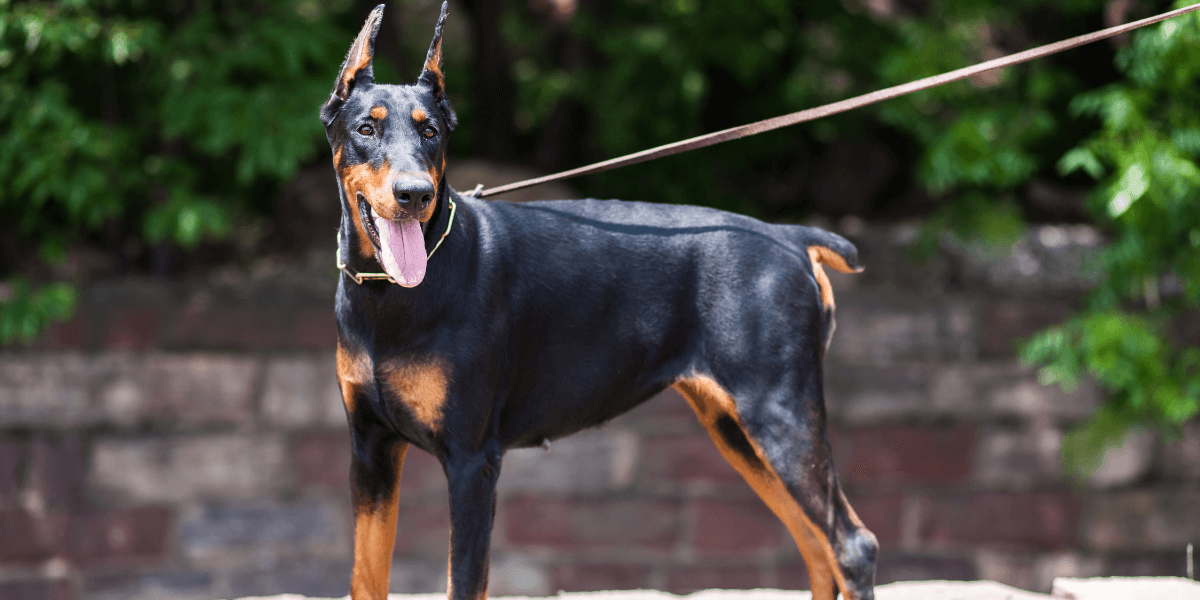
A Doberman Pinscher or a Rottweiler needs specific environments to thrive.
- Doberman Space Needs: Thrives in homes with ample space for running
- Rottweiler Space Needs: Can adapt to smaller spaces with exercise
- Doberman Apartment Life: Challenging but possible with daily activity
- Rottweiler Apartment Life: Requires access to outdoor exercise
- Doberman Fencing: Needs secure fencing due to high energy levels
- Rottweiler Fencing: Requires sturdy fencing to prevent wandering
- Doberman Indoor Life: Prefers spending time indoors with family
- Rottweiler Indoor Life: Enjoys both indoor comfort and outdoor time
Discover the ideal living environments for Dobermans and Rottweilers in this comprehensive comparison.
6. Training and Intelligence
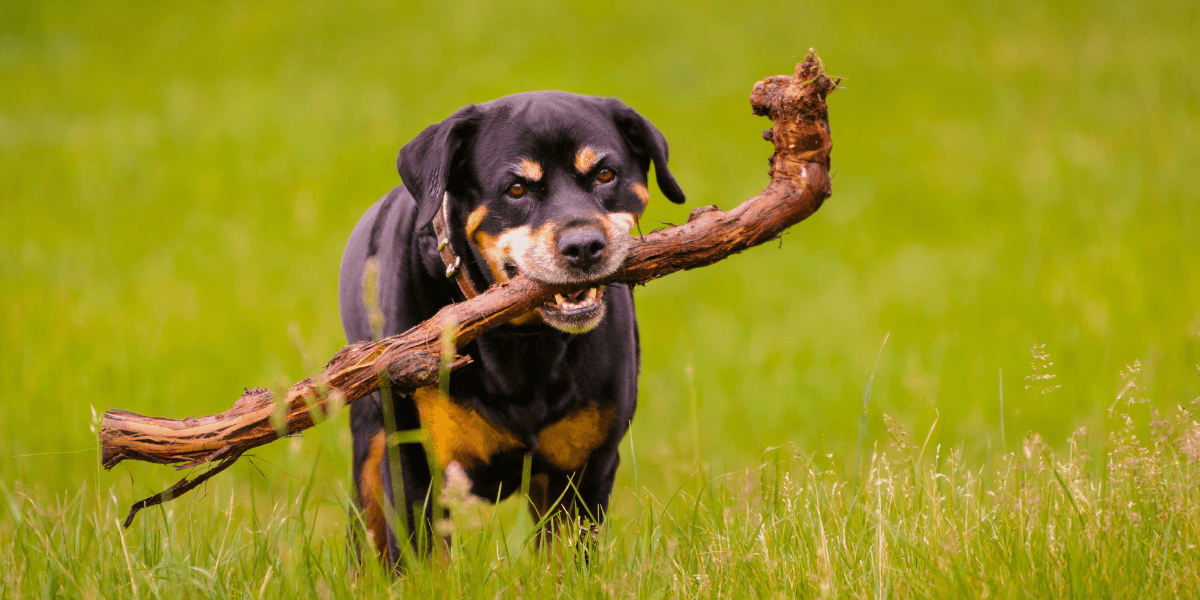
Both breeds are intelligent but differ in training needs and methods.
- Doberman Intelligence: Known for quick learning and problem-solving
- Rottweiler Intelligence: Highly intelligent but can be independent
- Doberman Obedience: Responds well to positive reinforcement training
- Rottweiler Obedience: Requires calm and consistent leadership
- Doberman Patience: Needs firm handling but is highly trainable
- Rottweiler Patience: May require extra patience due to stubbornness
- Doberman Skills: Excels in protection and service tasks
- Rottweiler Skills: Thrives in guarding and search-and-rescue roles
7. Cost of Ownership
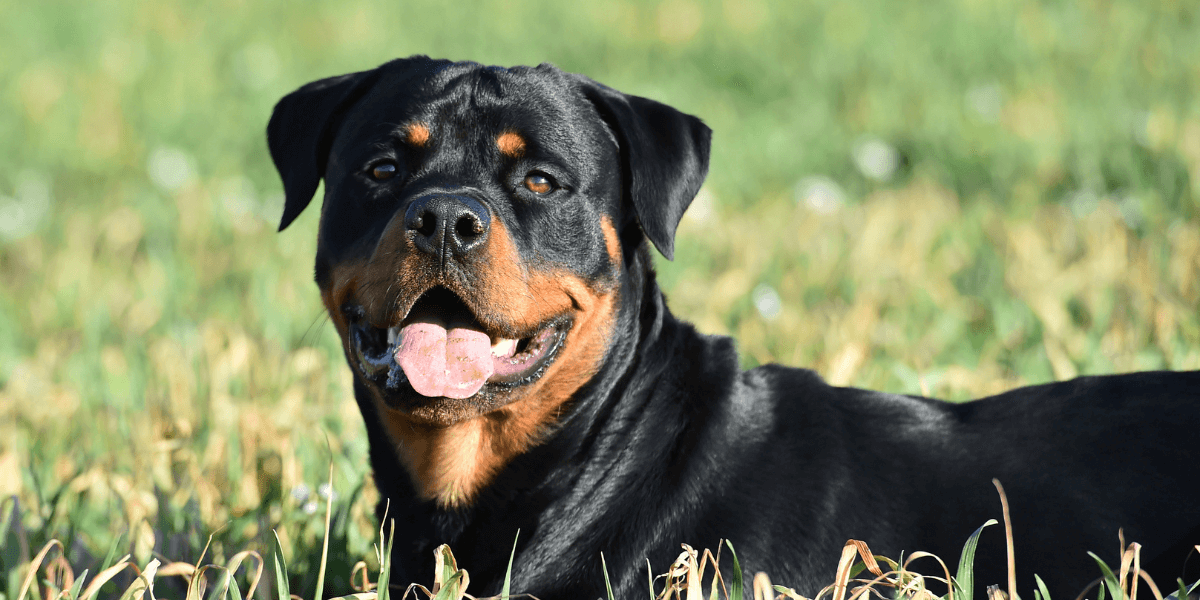
Consider the financial commitment for each breed’s care and needs.
- Doberman Cost: Can be costly due to health monitoring needs
- Rottweiler Cost: Typically higher due to food and health expenses
- Doberman Vet Costs: Regular vet visits for heart checkups are essential
- Rottweiler Vet Costs: Likely to need joint treatments as they age
- Doberman Food Needs: Requires high-quality, energy-rich food
- Rottweiler Food Needs: Needs nutrient-dense food for strong muscles
- Doberman Insurance: Health insurance is recommended for peace of mind
- Rottweiler Insurance: Insurance helps cover health-related expenses
See The Best Orthopedic Beds for Great Danes for cost-saving care tips for Dobermans and Rottweilers.
FAQs
1. Are a Doberman Pinscher or a Rottweiler good family pets?
- Yes, both can be excellent family pets with proper training and socialization
2. Are Rottweilers aggressive by nature?
- No, but they can be protective and need early socialization
3. Do Dobermans shed a lot?
- No, they have minimal shedding and require basic grooming
4. How much exercise does a Rottweiler need?
- Rottweilers need moderate daily exercise to stay healthy
5. Are Dobermans easy to train?
- Yes, with consistent, positive reinforcement they excel in training
6. Can Rottweilers live in apartments?
- Yes, but they need outdoor exercise to burn off energy
7. Which breed is better for protection?
- Both breeds excel at protection with the right training
Conclusion
- Ultimately, the choice between a Doberman Pinscher or a Rottweiler comes down to your lifestyle
- Explore Are German Shepherd Dogs Good Family Pets? for insights to help you choose the right breed
- Exercise and socialization needs should factor into your decision
- Both breeds require dedicated training and early socialization
- Ensure you're ready for the health and financial commitment
- Pick the breed that matches your home environment and personality



